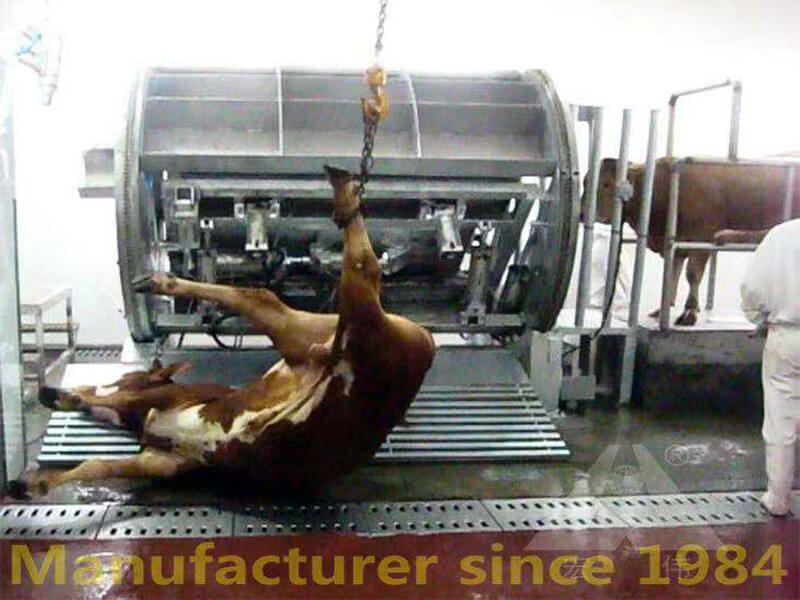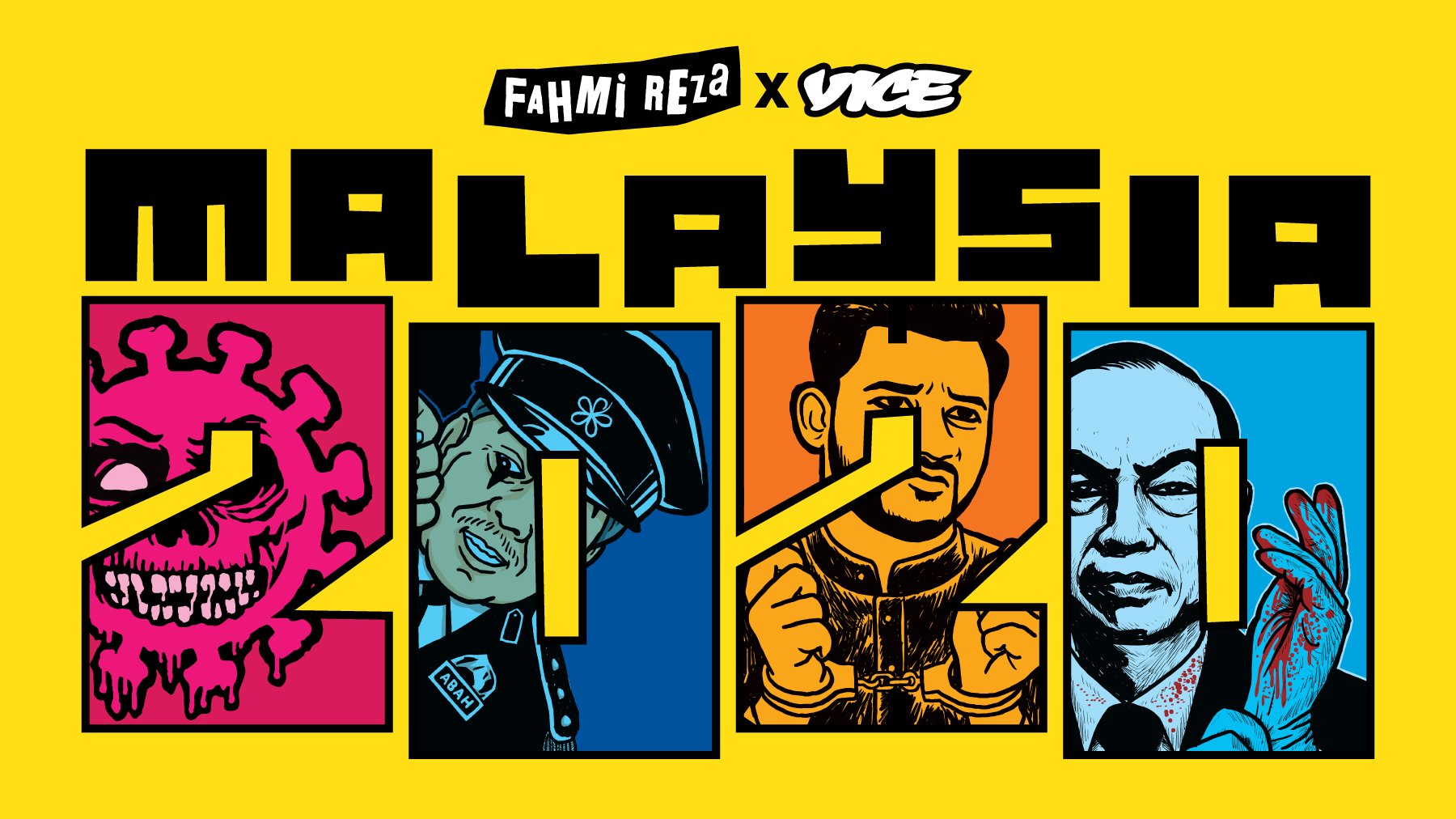The Ethical Dilemma: Veganism And Halal Slaughter Practices

Table of Contents
Understanding Veganism
Core Principles of Veganism
Veganism is a philosophy and lifestyle that seeks to exclude, as far as is possible and practicable, all forms of exploitation of, and cruelty to, animals. This means:
- Minimizing animal suffering and exploitation: Vegans actively work to reduce animal suffering in all its forms, from factory farming to animal testing.
- Rejecting animal products: This encompasses food, clothing (leather, wool), cosmetics, and other products derived from animals. Alternatives like plant-based milk, vegan leather, and cruelty-free cosmetics are actively sought.
- Promoting plant-based diets: The primary driver for many vegans is the ethical and environmental benefits of a plant-based diet. This reduces the demand for animal agriculture.
- Commitment to animal welfare and rights: Many vegans are passionate advocates for animal rights and welfare, working to change laws and societal norms surrounding animal treatment.
Ethical Arguments Against Animal Agriculture
The ethical objections to animal agriculture underpin the vegan lifestyle. These include:
- Factory farming conditions and animal cruelty: The intensive farming practices prevalent in much of the world are widely criticized for their inhumane treatment of animals, including confinement, mutilation, and stressful living conditions.
- Environmental impact: Animal agriculture contributes significantly to greenhouse gas emissions, deforestation, and water pollution. A plant-based diet is often touted as a more sustainable alternative.
- Animal sentience and the right to life: Many vegans argue that animals are sentient beings with a right to life and freedom from suffering, rejecting the idea that humans have the right to exploit them for food or other purposes.
- Plant-based alternatives: The increasing availability and affordability of plant-based meat alternatives provide compelling ethical and environmental reasons to transition away from animal products.
Understanding Halal Slaughter
Islamic Principles of Halal Meat
Halal slaughter is a crucial aspect of Islamic dietary laws (Sharia). It emphasizes:
- Humane treatment: The Quran and Sunnah (teachings and practices of the Prophet Muhammad) stress the importance of treating animals with kindness and respect before slaughter.
- Specific procedures: Animals are slaughtered using a sharp knife with a single, swift cut to major blood vessels in the neck, aiming to minimize suffering.
- Prayers and invocations: Prayers and invocations are recited before the slaughter, reflecting the religious significance of the act and seeking blessings.
- Adherence to Islamic dietary laws: Halal certification ensures that the meat comes from permissible animals, slaughtered according to Islamic guidelines.
The Halal Slaughter Process
The Halal slaughter process follows specific steps:
- Swift and clean cut: A sharp knife is essential to ensure a quick and clean cut, minimizing pain and suffering.
- Proper blood drainage: Complete blood drainage is a crucial requirement of Halal slaughter.
- Regulations and oversight: Many countries have established regulations and oversight bodies to ensure that Halal slaughterhouses adhere to the prescribed standards.
- Stunning debates: There is ongoing debate within the Muslim community regarding the use of pre-slaughter stunning, with differing opinions on its compatibility with Halal principles.
Comparing and Contrasting Veganism and Halal Slaughter
The core difference between veganism and Halal slaughter lies in the consumption of animal flesh.
- Points of Conflict: The act of consuming meat, even if from an animal slaughtered according to Halal principles, is directly contradictory to the core tenets of veganism.
- Points of Common Ground: Both traditions, despite their differences, emphasize respect for life. Both also acknowledge the importance of humane treatment, although the interpretation and implementation of “humane” differ significantly.
- Potential for Reconciliation: The potential for reconciliation lies in exploring sustainable and ethical alternatives within the Halal context. This could include promoting less intensive farming practices, reducing reliance on factory farming, and investigating the viability of plant-based meat alternatives for Muslims.
The Ethical Debate: Finding Common Ground?
Finding common ground requires:
- Dialogue and understanding: Open and respectful dialogue is crucial to bridge the gap between vegans and those adhering to Halal dietary practices. Understanding the motivations and beliefs of each side is essential.
- Cultural sensitivity: Approaching this debate with cultural sensitivity and respect is paramount. Recognizing the religious and cultural significance of Halal practices is crucial.
- Informed discussions: Promoting informed discussions about animal welfare and ethical food choices can foster mutual respect and understanding. Sharing factual information about both veganism and Halal practices can help dispel misconceptions.
Conclusion
The ethical intersection of veganism and Halal slaughter practices presents a complex challenge, highlighting conflicting values regarding animal welfare and religious dietary laws. While seemingly irreconcilable at first glance, careful consideration of shared values like respect for life, and a willingness to explore sustainable and ethical practices within both frameworks, can create opportunities for productive dialogue and finding common ground. Understanding the nuances of both veganism and Halal slaughter is crucial for fostering meaningful conversations and promoting ethical food choices. Further exploration of veganism and Halal slaughter alternatives, along with increased awareness of sustainable practices, can lead to a more compassionate and sustainable future. Let's continue the conversation about veganism and Halal slaughter, striving towards more ethical and sustainable food choices for all.

Featured Posts
-
 Is Condemning Halal Slaughter Essential For Veganism
May 13, 2025
Is Condemning Halal Slaughter Essential For Veganism
May 13, 2025 -
 Doom The Dark Ages Review And File Size Details Announced
May 13, 2025
Doom The Dark Ages Review And File Size Details Announced
May 13, 2025 -
 Leonardo Di Caprio Faces Intense Backlash A Look At The Controversy
May 13, 2025
Leonardo Di Caprio Faces Intense Backlash A Look At The Controversy
May 13, 2025 -
 The Da Vinci Code A Comprehensive Guide
May 13, 2025
The Da Vinci Code A Comprehensive Guide
May 13, 2025 -
 Understanding Cubs Fans Disappointment Regarding Kyle Tucker
May 13, 2025
Understanding Cubs Fans Disappointment Regarding Kyle Tucker
May 13, 2025
